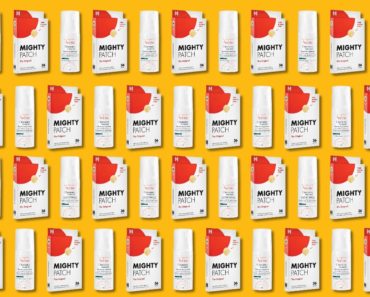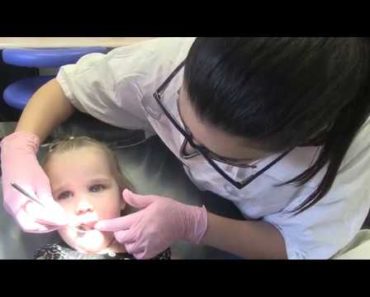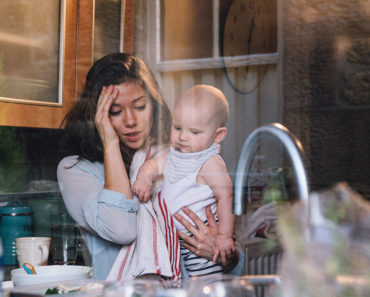Here’s everything you need to know about introducing your wee one to solid foods.
There are lots of nervous questions that run through parents’ minds as they consider how to introduce solids to their baby: Is he ready? Will he dislike it? What if he has an allergic reaction? Sarah Silman was most concerned with how much her then-four-and-a-half-month-old son, Victor, loved eating. “I couldn’t shovel his food into his face fast enough,” she says. “I was worried that we might have to try a couple times, or that he’d push his food out, but he gobbled it up.” While Silman was glad Victor was an eager eater, she worried about the choking risk. “If anything, my son was more comfortable with solid food than I was.”
Learning how to introduce solids to your wee one can be both exciting and intimidating, but feeling confident and prepared can help take some of the anxiety out of those first meals. Here’s what you need to know.
When to start baby food
If your baby seems more interested in your morning bagel than her bottle, she may be trying to tell you she’s ready to try solids. “Usually, the sweet spot happens around five months, plus or minus a month on either side, depending on the child,” says Michael Dickinson, a Canadian Paediatric Society (CPS) spokesperson and chief of paediatrics at Miramichi Regional Hospital in New Brunswick. “After six months, there are some important nutritional things that kids need from solid food, so waiting past six months is too late.”
Physically, your baby should be able to sit up on her own and have control over her neck muscles before you offer her solids. And keep in mind that she may gag at first. “It’s partly because they’ve never had solids before,” explains Heather Lovelace, a registered dietitian and professional practice leader in nutrition services at BC Children’s Hospital. “It’s a normal part of learning to eat.”
What are the best first foods for baby?
Health Canada recommends starting with iron-rich foods, such as puréed meats, eggs, lentils and tofu. “Iron is a critical component for infant brain development and red blood cell development,” says Dickinson, noting that iron-fortified cereals are still a great option. Otherwise, just about anything goes. “We want to encourage children to eat a variety of foods from a really young age,” says Lovelace. “Brightly coloured fruit and vegetables are the most nutrient-dense foods, and may have the added advantage of being visually appealing to your baby.”
First foods can be puréed, very finely minced or soft whole pieces (such as a veggie cut into a fry-shaped stick your baby can gum on). Take it slow—as your baby becomes more comfortable with solids, you can gradually introduce new textures. “Generally, by the age of nine to 12 months, you could start offering raw fruit and vegetables,” says Lovelace, noting that hard foods (carrot, apple) should be grated and soft foods (banana, avocado) should be cut up very small. Finger foods such as shredded cheese, dry cereal and small pieces of toast are also appropriate at this stage.
Should I be concerned about food allergies for my baby?
The CPS recommends waiting two days before offering each new food—particularly those with a higher allergy risk, such as peanut products, fish, milk products or eggs—so you can pinpoint the cause of any reaction. “If there’s a strong family history of anaphylaxis or severe allergies, I think, naturally, those are parents who may be more cautious,” says Dickinson. “But there’s nothing really that suggests that there is any advantage to delaying the introduction of those foods, and there may even be some advantages to introducing them earlier.” Indeed, a recent study about how to introduce solids suggests introducing peanut products to babies may prevent the development of peanut allergy.
Make it fun
Starting your baby on solids has the potential to be a very fun and rewarding learning experience. “One of the great pleasures in life, and one thing we know that contributes to good nutrition, is being able to share a family meal,” says Lovelace.
Foods not to feed babies
Babies younger than 12 months should not be fed honey, due to the risk of infant botulism. You should also avoid choking hazards such as whole nuts, grapes, popcorn and raisins, notes registered dietitian Heather Lovelace.
A version of this article appeared in our May 2015 issue with the headline, “A solid start,” p.60.

































